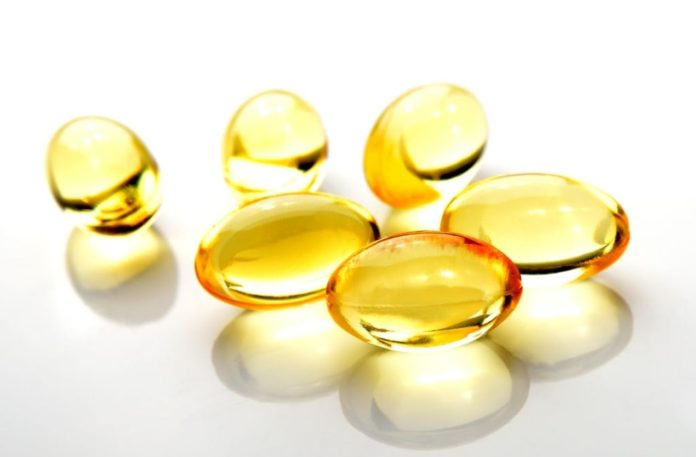Vitamin D Deficiency: What Causes It?
As winter continues, you may be concerned about receiving enough sun exposure for your body to synthesize vitamin D, which is essential for bone health, immunity, and mood.
“Vitamin D is fundamentally needed to help your body absorb calcium – so it’s critical for bone and teeth health,” explains Henrietta Norton, nutritionist and co-founder of Wild Nutrition, adding, “it also plays a part in immune health and it is widely discussed within the scientific community for its role in autoimmunity, gut health, respiratory health, and the response to viral infections.”
Calcium and vitamin D, according to nutritionists, are two important elements to be aware of in order to prevent osteoporosis, or bone thinning.
The good news is that you just need 10-15 minutes of sun exposure per day, but you’ll probably need to supplement to get the necessary daily dose.
This is everything you need to know about Vitamin D, a miraculous vitamin that promotes immunity, clears skin, aids sleep, reduces anxiety, and so much more.
Vitamin D is naturally available in several foods, but many people prefer to take it as a supplement.
If you’ve had a blood test that shows you’re vitamin D deficient, it’s possible that it’s because you don’t eat enough vitamin D-rich foods.
“Low levels are associated with sleep disorders, depression and low moods, and it is also very important for female health – conditions such as PCOS or endometriosis as both are associated with low levels of Vitamin D,” explains Henrietta Norton, nutritionist and co-founder of Wild Nutrition.
“For example, an excellent level of Vitamin D is needed when trying to conceive and during pregnancy or breast feeding,” she adds.
Henrietta goes on to say that “when your skin is exposed to sunlight (ultraviolet B rays), it is able to synthesise Vitamin D which your liver and kidneys metabolise to make it biologically active.”
But “only 10 per cent of our Vitamin D intake comes from food – our main provider being sunlight.”
Vitamin D is a fat-soluble vitamin that can be found in foods including egg yolks, mushrooms, fatty salmon, and fortified cereals. Milk, including some non-dairy milk, is frequently fortified with vitamin D, but check the labels.
Image Credit: Getty
You were reading: Nutritionist Reveals Main Causes of Vitamin D Deficiency
